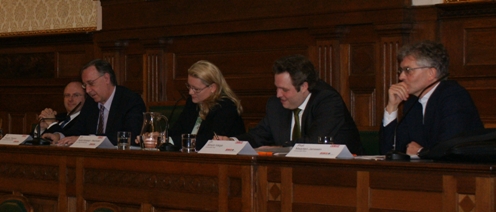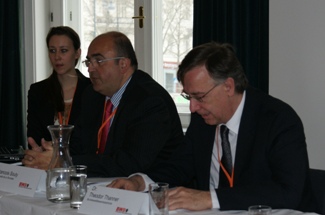On 18th and 19th April 2013, the Austrian Federal Competition Authority (FCA) hosted a national and international conference on prevention "Damit Wissen for Strafe schützt - How knowledge can avoid fees" in cooperation with the Austrian Chamber of Commerce and "Prevention and Compliance - International Knowledge Exchange".
National Confrenc on April 18th
On the first day Representatives of Austrian authorities, international organizations, as well as lawyers, entrepreneurs and members of the business community touched upon the subject of prevention in the context of competition law. On the second day representatives of 16 different national competition authorities (e.g, Russia, Turkey, Slovak, Lithuania, Bulgarian, UNCTAD, Croatia, Estonia, Hungary, etc) participated in the International Knowledge Exchange.



